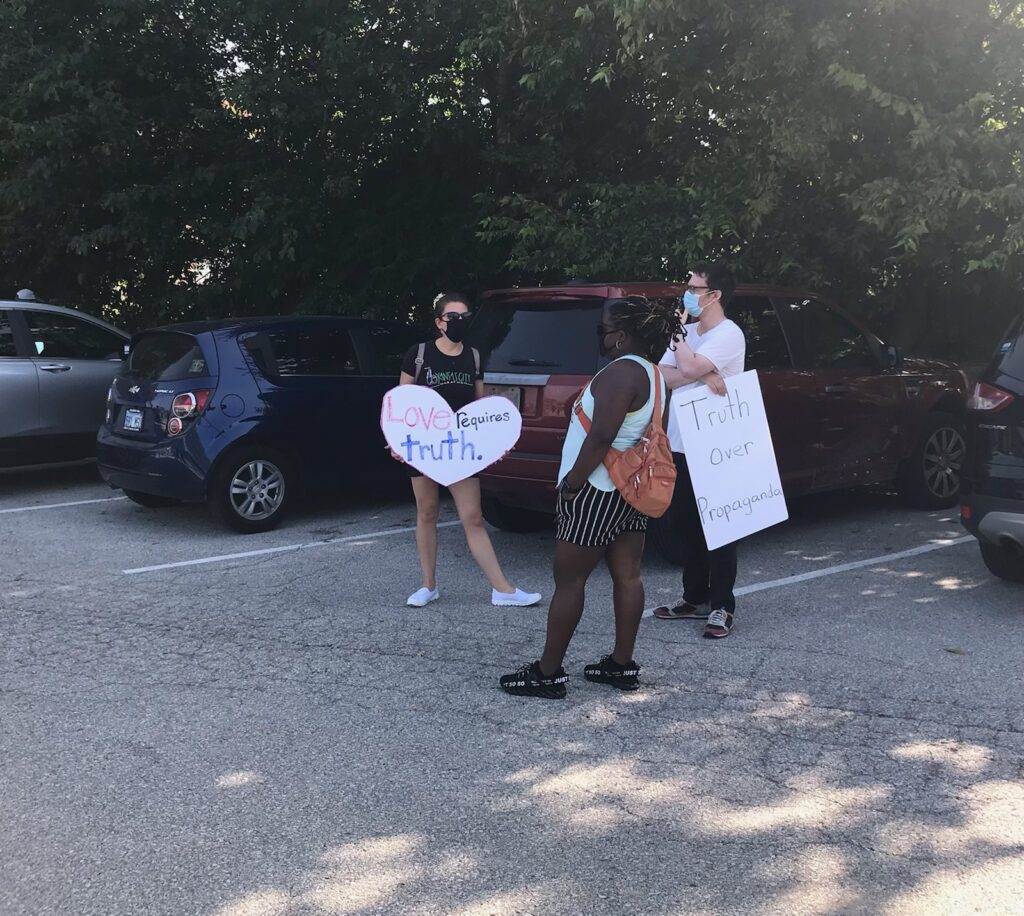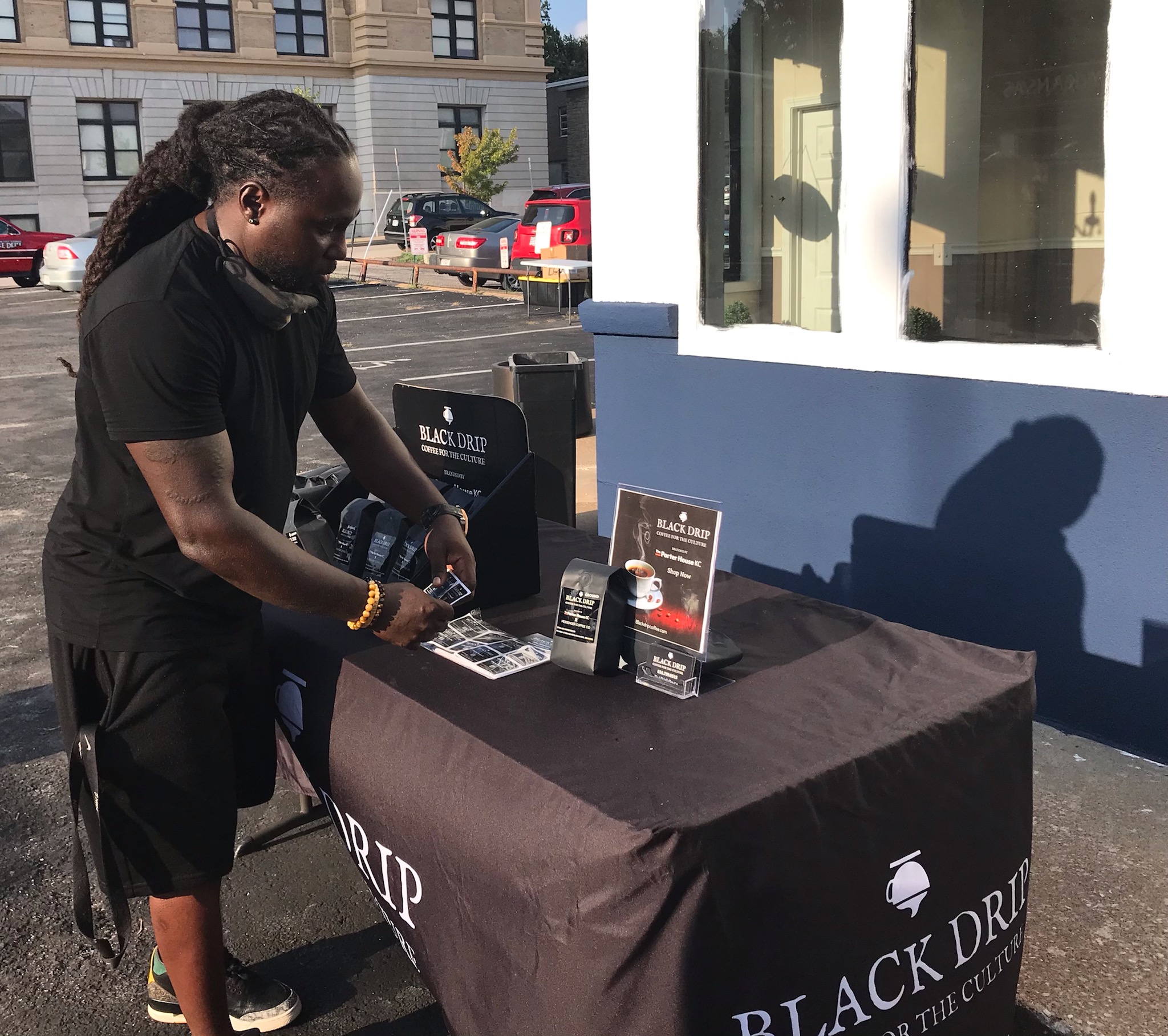Featured
Teachers Challenge Republican Efforts To Muzzle The ‘Truth’ About Racism

The debate about critical race theory (CRT) has finally moved into the space where its impact will be most obvious: the classroom.
Dozens of Kansas City teachers, wearing face masks and carrying signs, gathered Saturday morning in a parking lot on the East side to support curriculum that explains systemic racism and its role in America.
Scholars acknowledge CRT as the result of legal scholarship in the 1970s and 1980s that involved studying the lasting effect of institutional racism and its impact on day-to-day life. But in the wake of George Floyd’s killing and the accompanying social justice protests, it has become an educational lightening rod in a country increasingly at odds over its past and future.
“I teach with KCPS, and I firmly believe KCPS is on the right track teaching CRT,” said Uli Schneider. “Truth is important.”
All around the country, teachers dedicated the day to truth and its teaching in the classroom. The National Education Association and its president, Becky Pringle, led the effort.
The social justice organization, SURJ, joined the weekend march in Kansas City.

A SURJ member passing out donuts declined to give her name, explaining she is also a teacher who’s already on the “s— list” for her views. But she did elaborate on the reason SURJ has become involved in CRT.
“Its primary goal is to organize white folks to work to dismantle and disrupt systemic racism,” she stated.
The fight on Capitol Hill
Senator Tom Cotton (R-Arkansas) introduced legislation to ban federal funding for K-12 schools that “promote Critical Race Theory, as well as colleges and universities that compel students of faculty to affirm tenets of Critical Race Theory. The Stop CRT Act would also codify former President Trump’s Executive Order on Race and Sex Discrimination, which would prohibit the federal government and federal contractors from using trainings inspired by Critical Race Theory.”
In the House of Representatives, Congressman Dan Bishop (R-North Carolina) introduced similar legislation, alleging CRT causes Americans “to obsess over race and to believe that America is an evil, oppressive place.”
In statehouses where Republicans are the majority, legislators have made CRT a target and enacted laws that offer narratives about America’s past void of a historically based rendition encapsulating slavery, Jim Crow, and the many threads of racism woven into society. According to NBC News, more than 20 states have passed laws restricting what can and cannot be taught about race and racism. And it’s drawn a line in the education arena that teachers fear will cost them their jobs if they cross it.
But more teachers in cities around the country are doing like Erika Lasco, who asserted at the recent march that she wanted “to stand up for truth.”

-

 Featured10 months ago
Featured10 months agoCalifornia Is the First State to Create A Public Alert for Missing Black Youth
-

 Featured9 months ago
Featured9 months agoAfrican American Leaders Stay the Course Amid Calls for President Biden To Bow Out of Race
-

 Featured10 months ago
Featured10 months agoThe Debate Fallout Lands on Both Candidates
-

 Featured9 months ago
Featured9 months agoPresident Joe Biden Decides to Withdraw from the Presidential Race
-

 Featured9 months ago
Featured9 months agoIn One of His Final Speeches as President, Biden Says It’s Time for ‘Fresh Voices’
-

 Featured9 months ago
Featured9 months agoPresident Joe Biden Describes Shooting of Donald Trump As ‘Sick’








